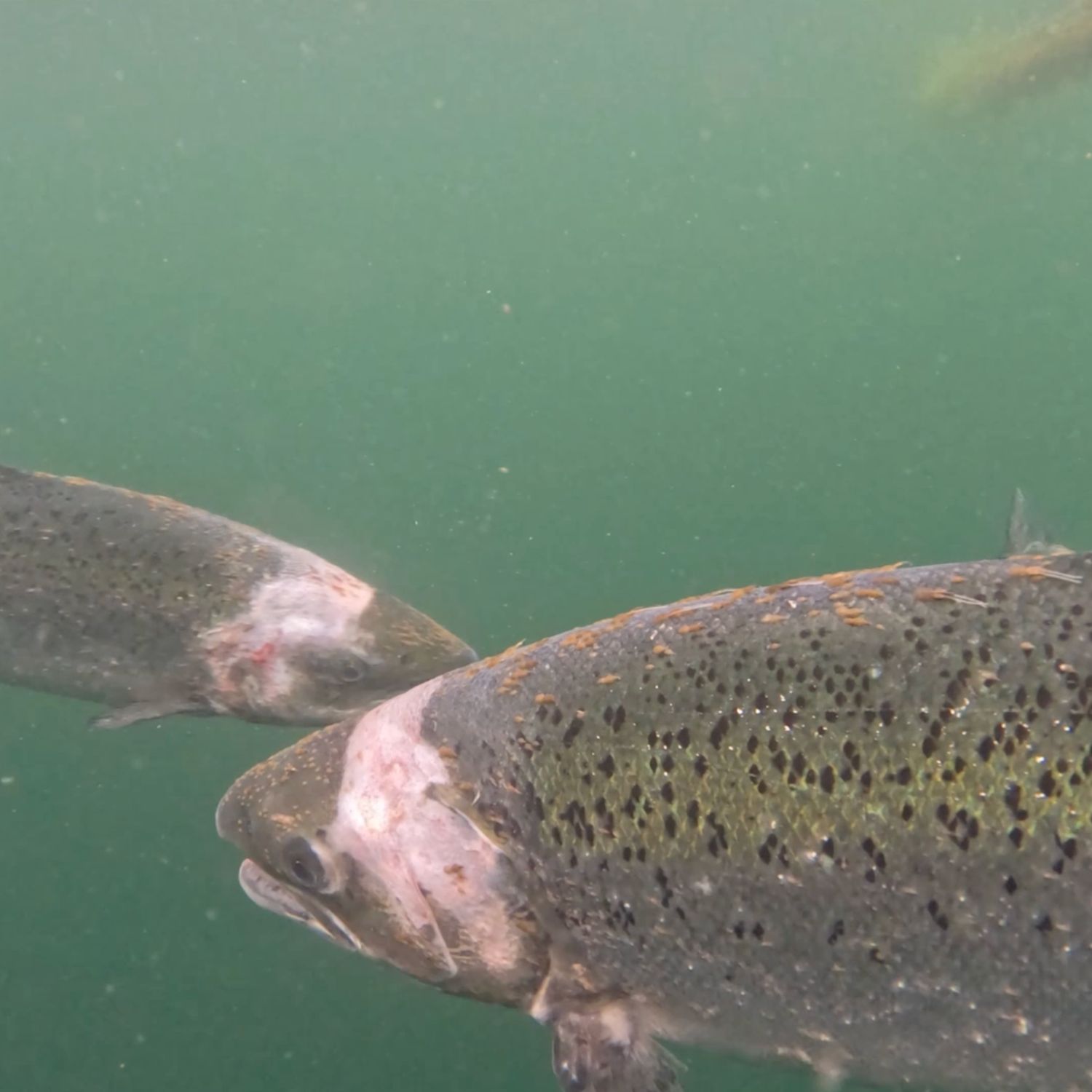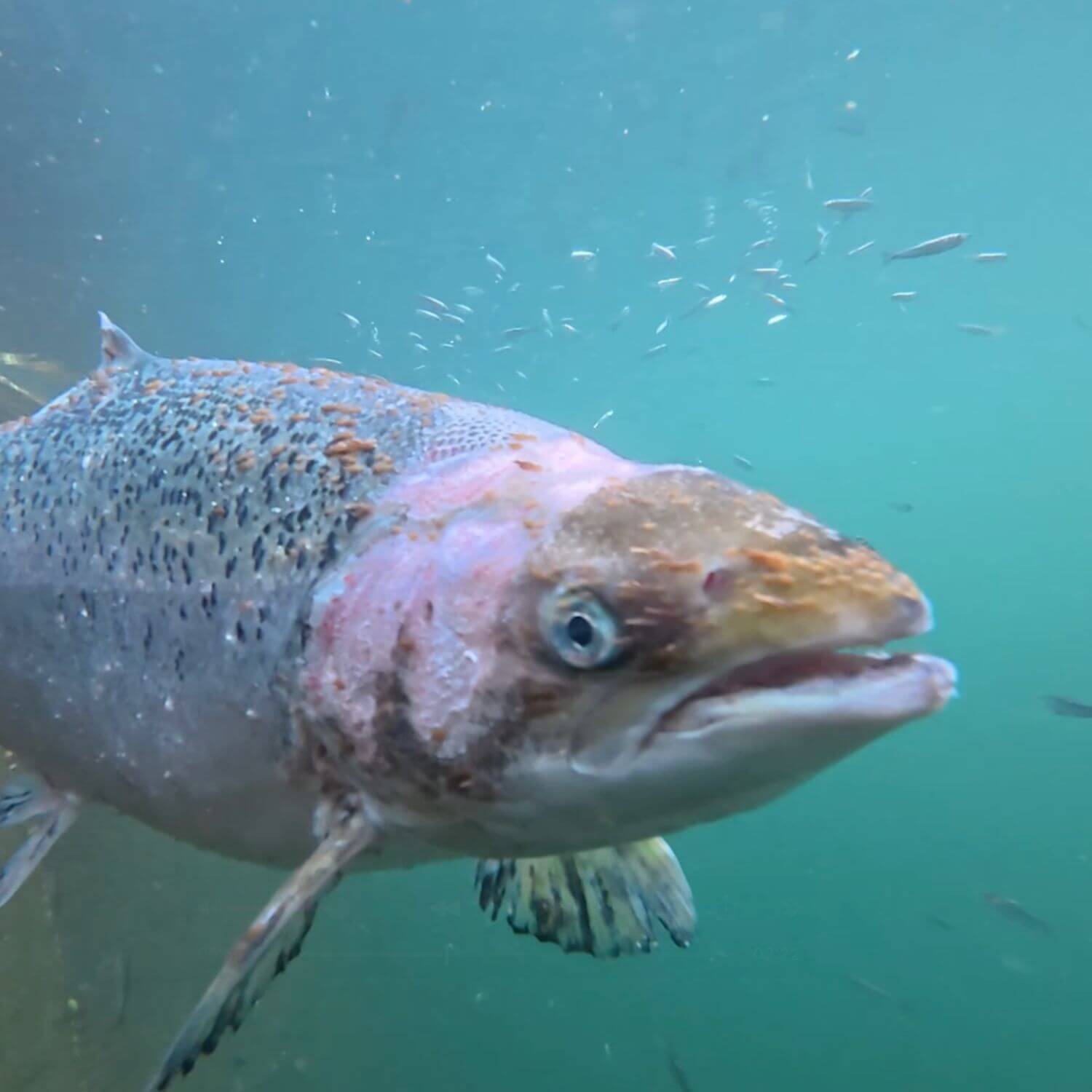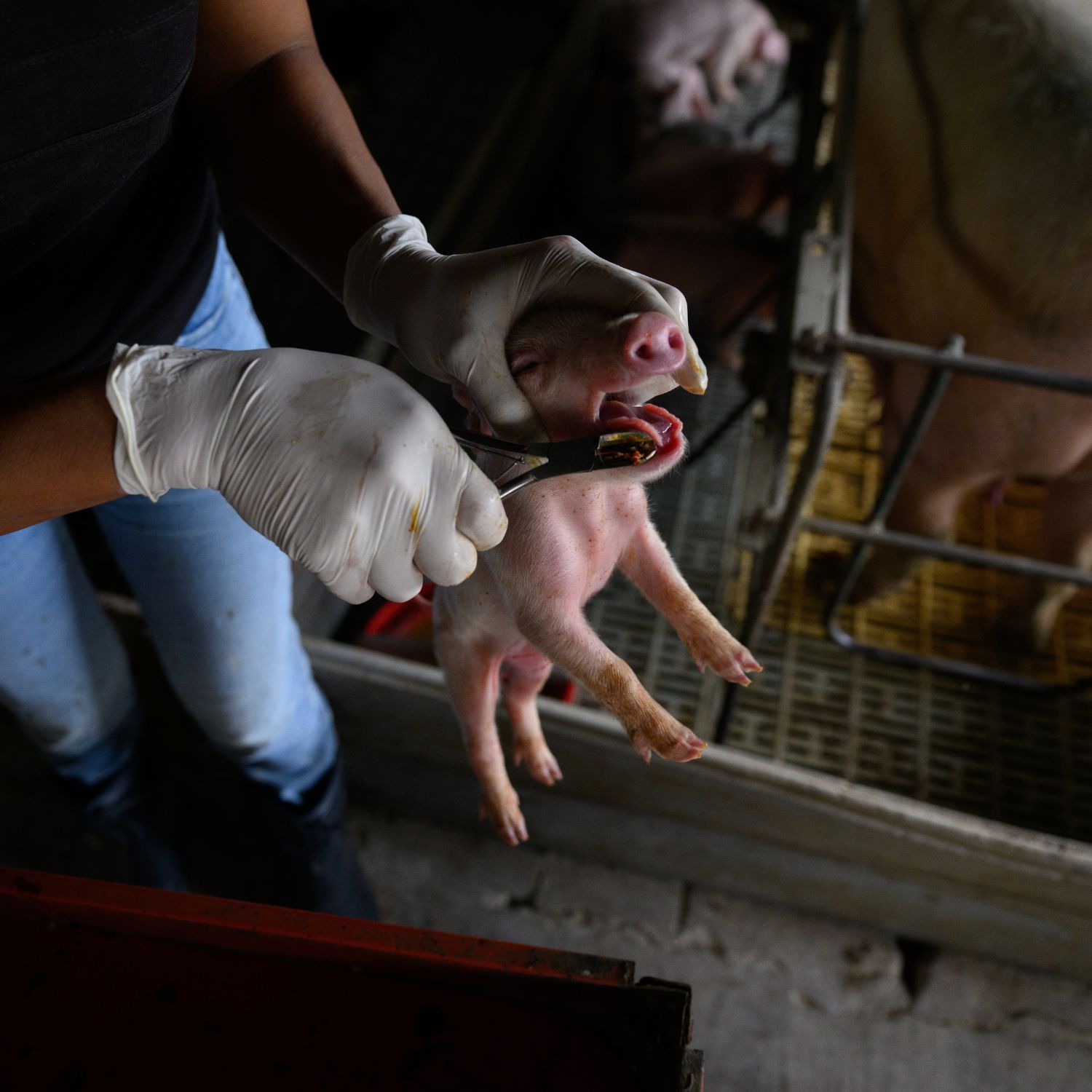Fewer Than 3% of UK Farms Are Inspected Each Year, New Report Reveals
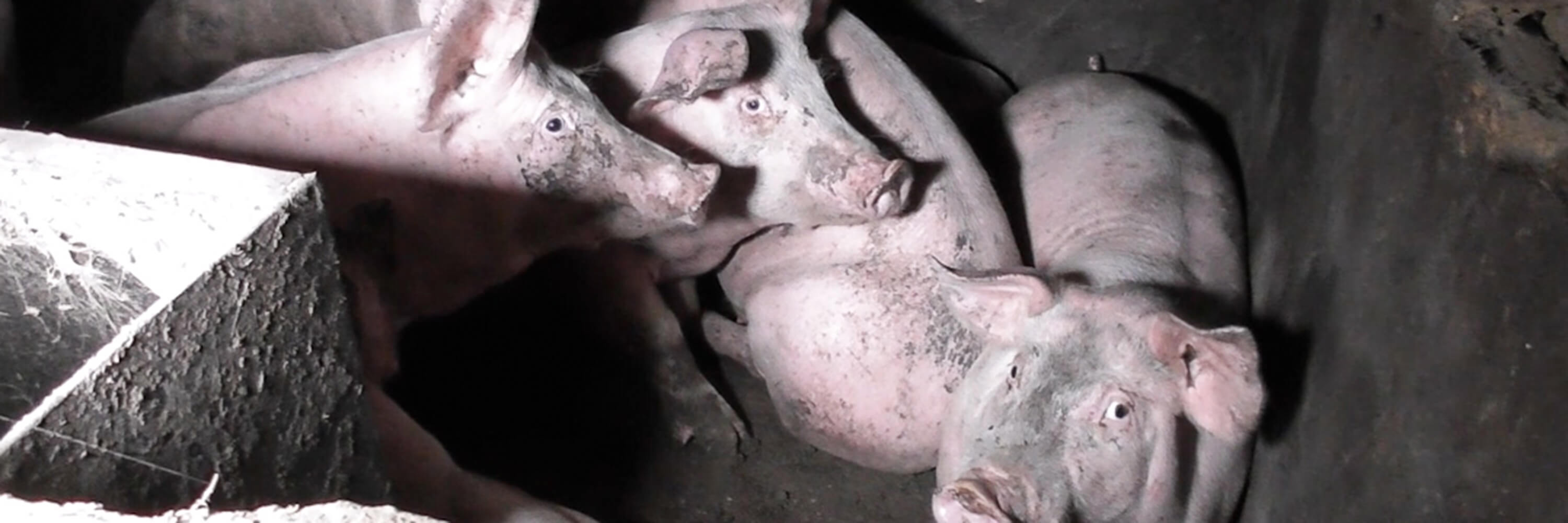
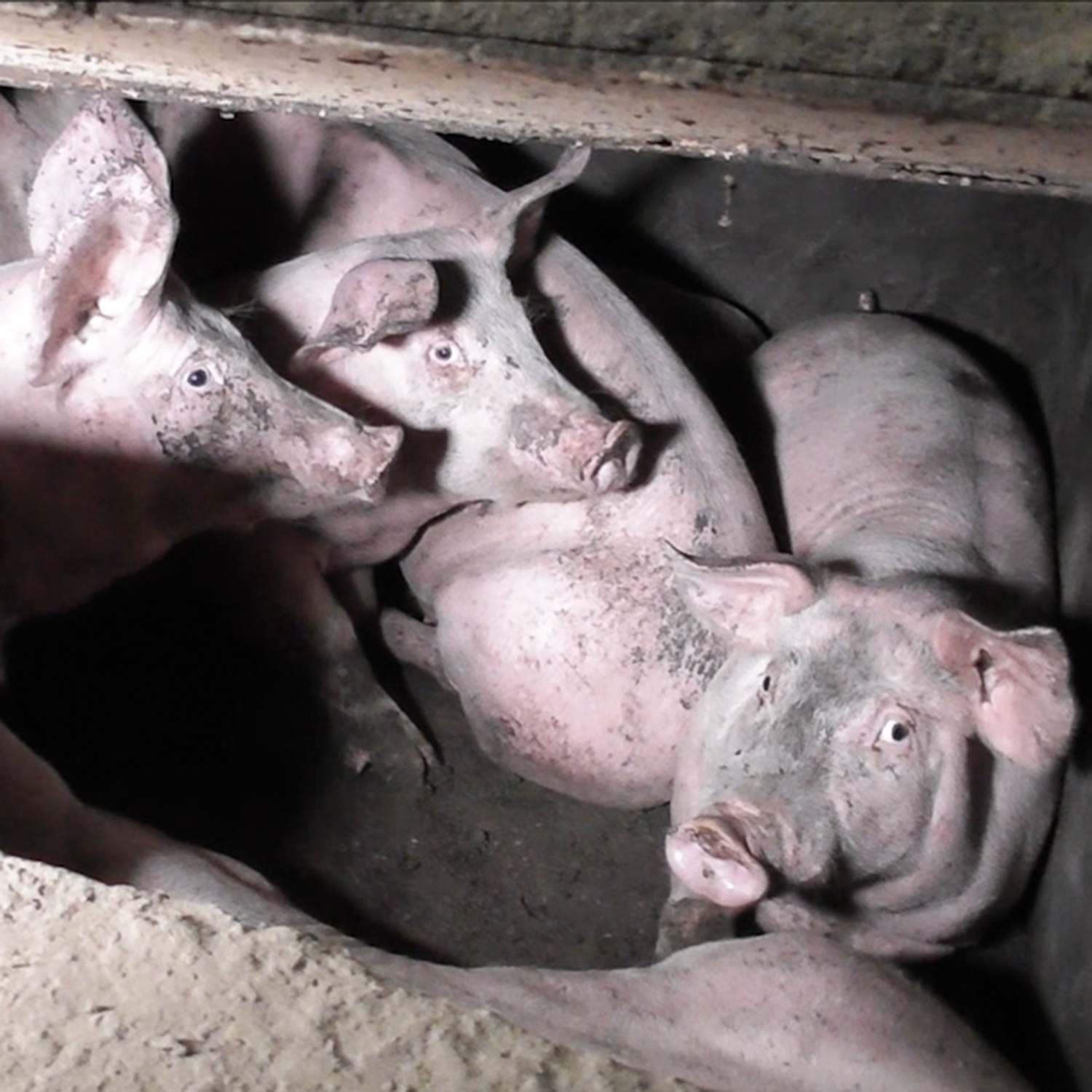
In this first-of-its-kind report, animal protection charities Animal Equality and The Animal Law Foundation provide a comprehensive analysis of what has been labelled: ‘The Enforcement Problem’.
Over the years, Animal Equality has collected hundreds of hours of footage from inside factory farms and slaughterhouses showing farms breaking animal welfare laws without serious consequence.
Animal Equality’s investigators have documented:
- Pigs having their tails cut off routinely on farms without pain relief.
- Cows on dairy farms who can barely walk because they’re forced to walk day in, day out on concrete floors, carrying unnaturally high volumes of milk in their udders.
- Chickens who can’t stand up because their bones have buckled under their enormous weight. They’re unable to reach water and they die of thirst.
- Salmon who are slaughtered while still conscious.
The report – covered today in The Guardian – provides new evidence of The Enforcement Problem uncovered through an investigation into hundreds of documents, files and data-sets from the Government and local authorities.
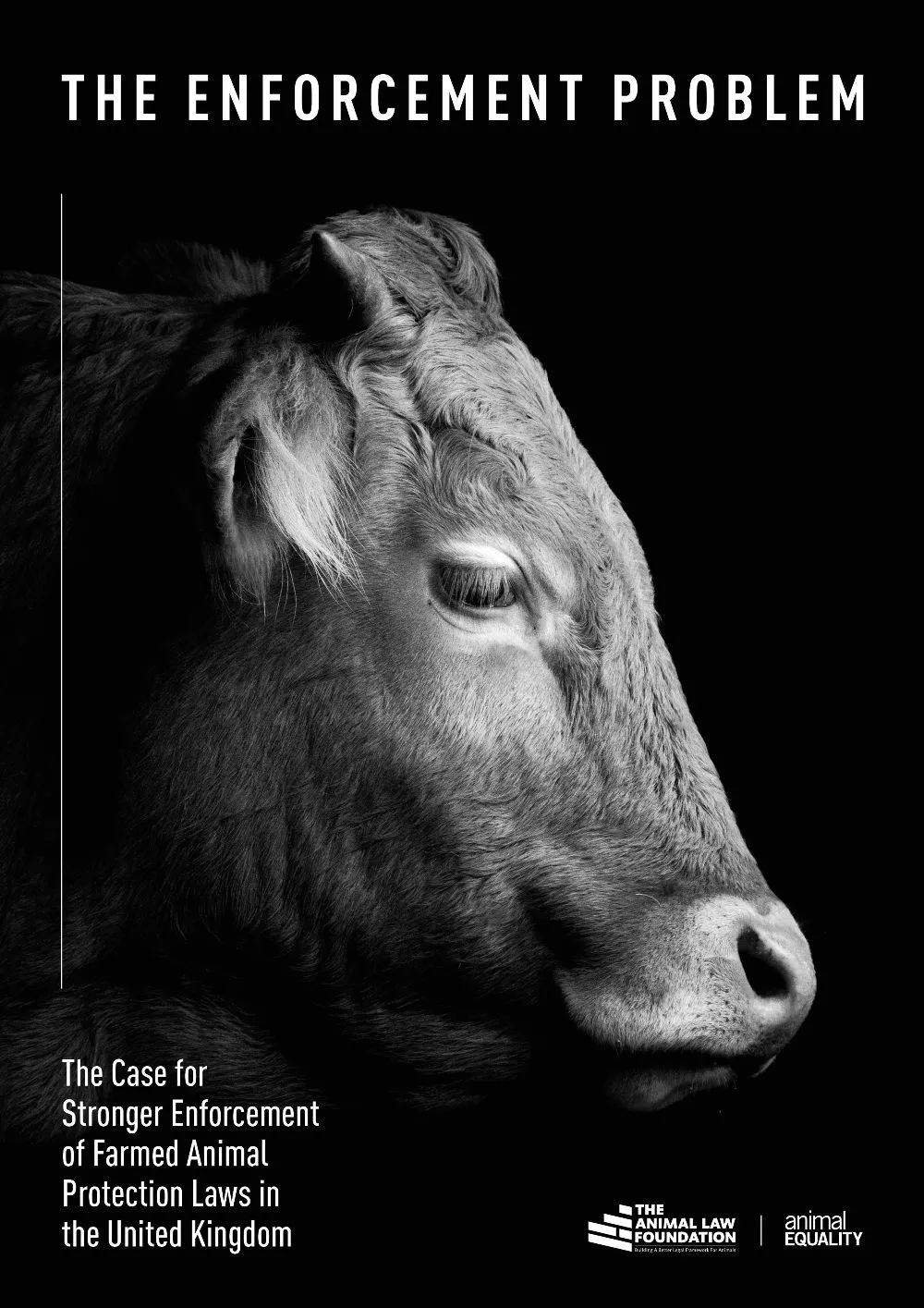
The data gathered reveals gaping holes in the current enforcement regime for farmed animal welfare laws.
On average between 2018-2021:
- Fewer than 3% of UK farms were inspected (2.95%)
- Upon receiving a complaint, just half (50.45%) of farms were then inspected
- Of those inspections, approximately one-third (31.38%) identified non-compliance on the same site
- Just 0.33% of farms were prosecuted following initial complaints
The new report begins a conversation on a national level with politicians and the public about the current failures and the changes that must be made to protect animals from abuse and neglect.
Why Are So Few Farms Inspected?
Currently, farms that are considered ‘high-risk’ are prioritised for inspections in the UK, meaning that most facilities are not subject to inspections.
The low number of inspections is also likely due to a shortage of inspectors. The new report reveals that there is just one inspector in place for every 205 farms in the UK. However, the number is likely to be even lower in practice, as this estimate includes part-time workers and workers who have some form of farm welfare as a smaller part of their wider role.
The comprehensive report explores shortcomings in how existing animal welfare laws are being monitored and what happens when breaches of the law are found in farms and slaughterhouses. We call this ‘The Enforcement Problem’.
The Enforcement Problem has been known by those that work in the animal field for a long time. The problem exists across all areas of animal law, but what makes it particularly jarring for farmed animals is not only the extent of the problem, but the constant proclamations that the UK has some of the highest animal welfare standards on farms and slaughterhouses in the world. If these standards only exist on paper and not upheld in practice, the value of those laws is rendered questionable at best and redundant at worst.
Edie Bowles, solicitor and Executive Director of The Animal Law Foundation
What About Prosecutions?
There are over 180 taxpayer-funded bodies responsible for overseeing animal welfare on farms. However, data obtained directly from these bodies shows that in recent years, only half of complaints that they received relating to animal welfare or health were followed up with an inspection.
Of those inspected, illegalities were discovered in approximately one-third of cases, but only one in 300 farms were subsequently prosecuted for animal abuse following an initial complaint.
Animal Equality and The Animal Law Foundation also analysed the outcomes of covert investigations conducted by a number of animal protection organisations, including Animal Equality, Animal Aid, Animal Justice Project, Compassion in World Farming, Open Cages and Viva! Across 65 exposés released between 2016-2021, illegal activity or substandard practices were discovered in every facility, yet to our knowledge over 60% of cases resulted in no subsequent formal enforcement action.
Chickens were filmed struggling from broken legs, organ failure, footpad dermatitis and body burns, yet 100% of investigations led to no formal enforcement action. The collection of footage also disclosed cows being hit with sharp objects, calves being thrown to the floor and lame cows forced to walk, with 66% of cases seeing no action.
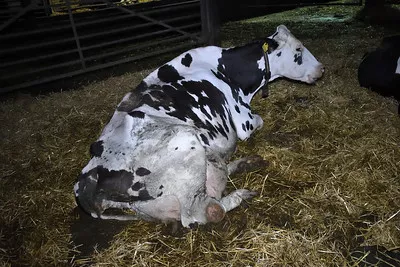
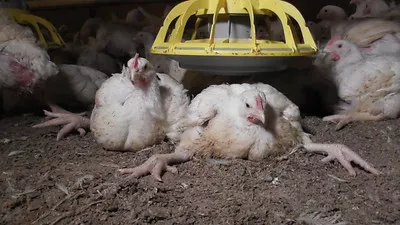
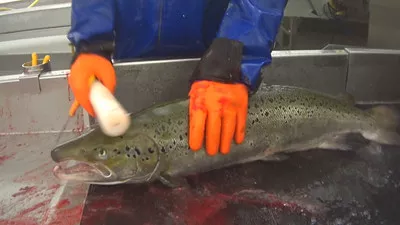
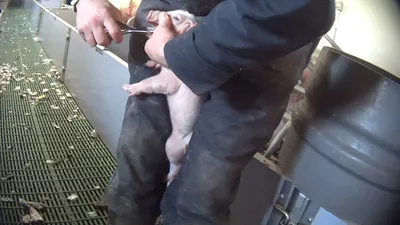
Piglets were evidenced to have their tails cut off without anaesthetic in 85% of investigations, but not one prosecution was pursued in relation to this offence. And, despite a series of 12 investigations into slaughterhouses showing animals to be plucked alive, left to suffocate, thrown into boiling water without prior checks for vital signs and more, one-third of cases resulted in no formal action being taken.
There is an endemic of non-compliance, evidenced time and again through undercover investigations and now further bolstered by the data revealed in this report. Pigs are having their tails cut off, cows are unable to walk or stand, and hens are crammed into overcrowded cages, yet farms are typically receiving little more than a slap on the wrist. These findings are disturbing and should be alarming to any consumer. Animal abusers need to truly be held accountable. Right now, this is evidently not the case.
Abigail Penny, Executive Director of Animal Equality UK
How Can You Help Animals?
The UK’s ‘world-leading’ animal welfare laws mean nothing for animals trapped in the cruel meat, dairy, egg and fish industries if they are not applied in practice.
Animal Equality is calling for the UK Government to strengthen the enforcement of animal welfare laws, ensuring that animal abusers are held accountable.


